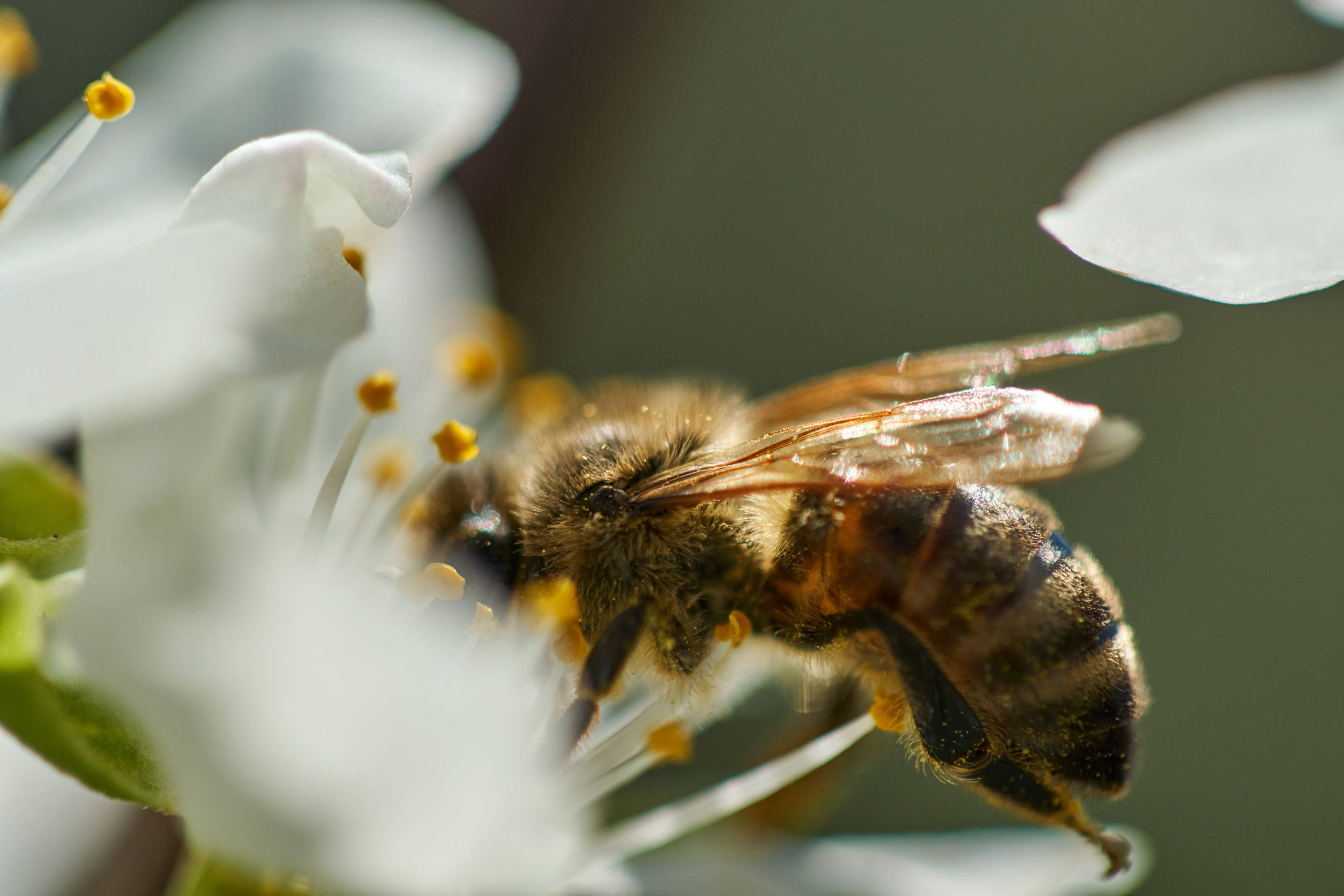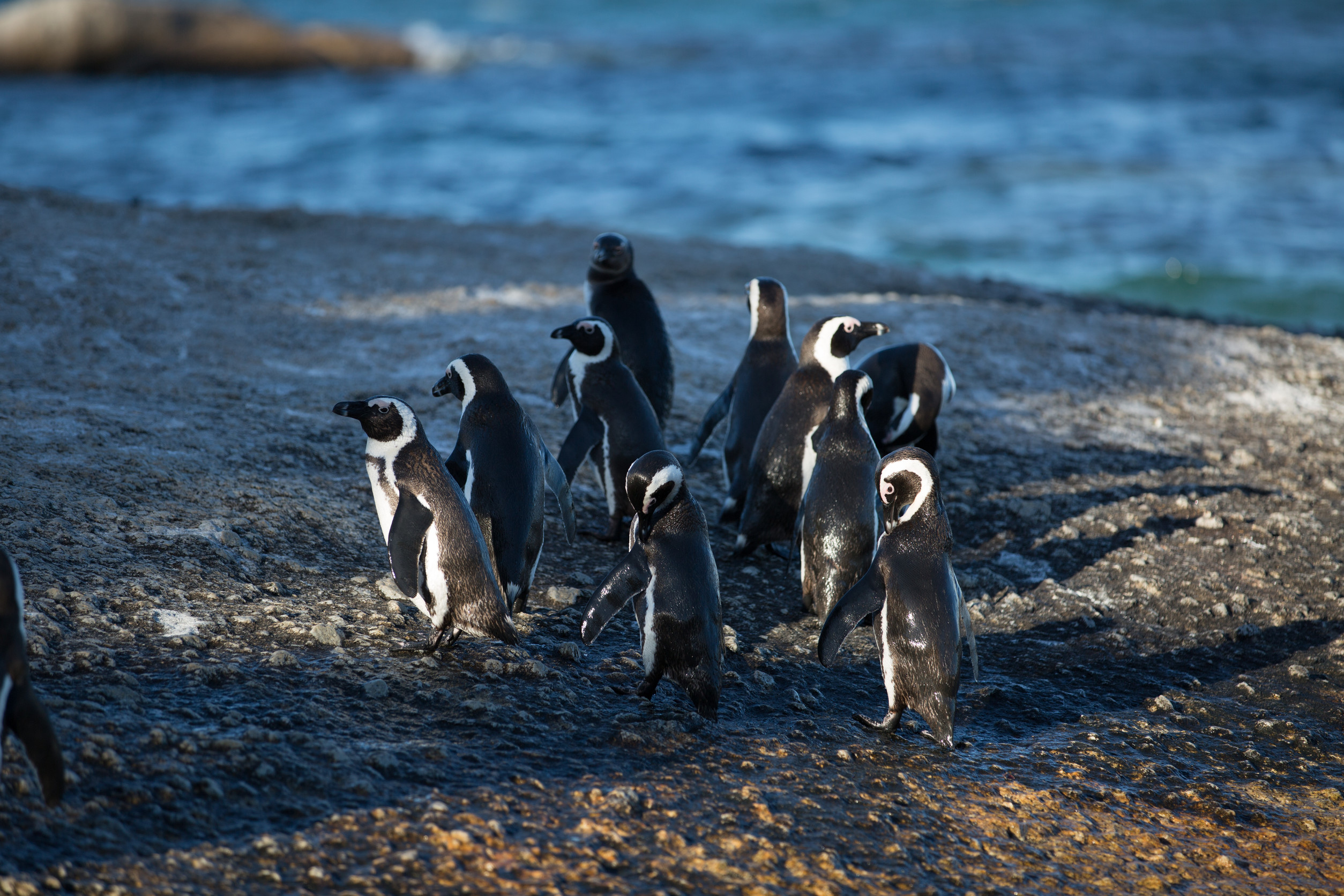New startup CTrees uses artificial intelligence to track exactly how much CO2 the world’s three trillion trees are storing, thereby determining the extent to which trees are helping the planet.
CTrees, which was developed by a team of NASA scientists, has a very simple motto: “see the forest and the tree.” It does just that by using AI to analyze satellite and aerial data combined with local data from inventories of trees to account for every tree on the planet.
The new platform can see when trees are cut down or lost to fires by using new satellite images to keep a running estimate of the total carbon. It also sees tree growth.
The methods, which were built upon two decades of science, “come close to the accuracy of the gold standard” of on-the-ground measurement according to Sassan Saatchi, a senior scientist at NASA’s Jet Propulsion Laboratory who is helping lead the CTrees.
Other startups like San Francisco-based Pachama also employ AI and remote sensing to track changes in the environment for certain carbon offset projects. However, what makes CTrees particularly interesting is its capability to look at the bigger, global picture while still being able to take a closer look at specific projects and data in different regions or countries. It can even zoom in on individual trees thanks to high-resolution data from commercial satellites.
Why is CTrees work important?
The precise data that CTrees offers is crucial for countries that depend on their forests to capture a certain amount of carbon as part of their commitments under the Paris Climate Agreement. Now more than ever, accurate information about carbon storage is needed if we are to meet the challenges set before us by the climate crisis.
A tool like this is also necessary for companies and nonprofits that sell carbon credits for protecting or restoring forests so that they can prove to buyers that they’re actually measuring the value of their work. “They need to have reliable datasets to monitor the first, and they need to have high accuracy,” explains Saatchi.
The CTrees website will offer the annual forest data for free. The information includes global and national numbers.
Those who want to measure carbon on specific projects will have to pay a fee, but the pricing is not yet determined.
Last year, researchers estimated that trees worldwide stored approximately 400 billion tons of carbon.
If you’re interested in carbon capture and storage solutions, check out this startup that uses electrochemistry to capture carbon, or read about a startup that turns captured carbon into stone.











